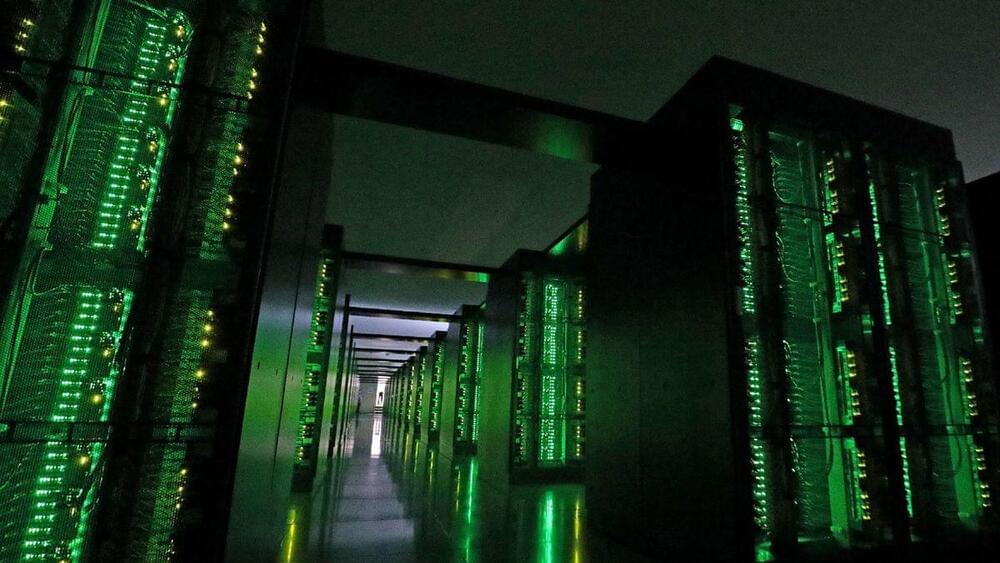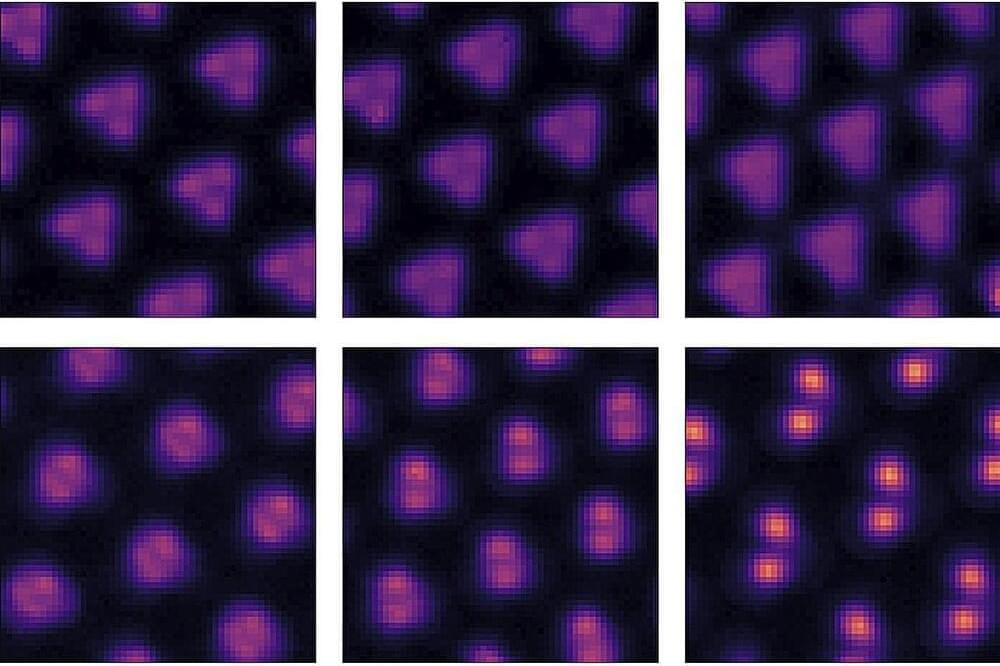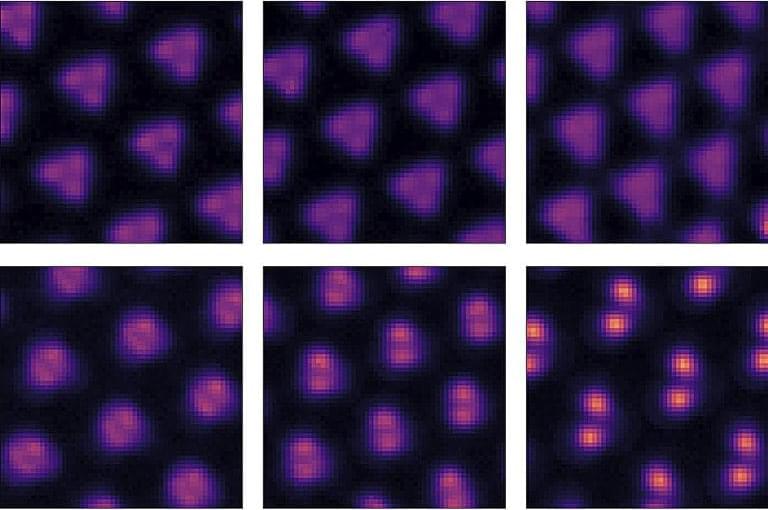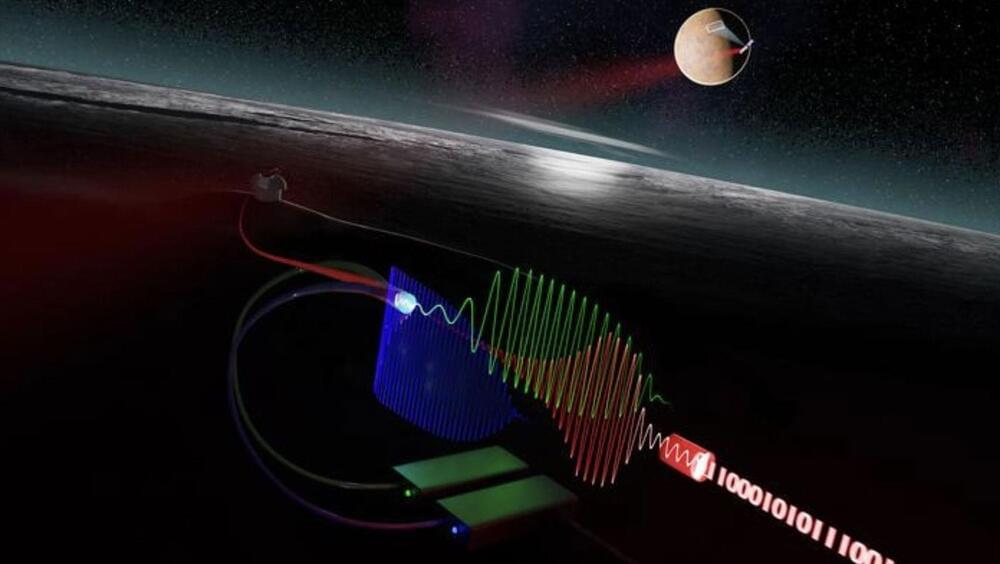Could you love an AI?
What does love with “digital humans?” look like?
Is this the future of relationships?
In this TechFirst, we chat with Artem Rodichev, CEO of Ex-human and former head of AI at Replika.
We dive into the concept of forming relationships with AI companions and the future of love and friendship in a world integrating advanced artificial intelligence. The discussion covers Rachev’s new startup, issues of loneliness and how digital humans might offer a solution, the intricacies and potential pitfalls of emotional AI interactions, and the evolving technology behind AI companions.
We also chat about some real-life stories, ethical concerns, and the emotional impacts of these digital relationships… including some of the most extremely negative realities.
00:00 Introduction to AI and Relationships.
00:58 The Concept of Digital Humans.
05:05 Addressing Loneliness with AI
07:40 Building AI with Personality.
16:54 Challenges and Ethical Considerations.
17:34 The Emotional Fallout of Removing Replica’s Romantic Features.
18:04 The Deep Connections Users Formed with Replica.
19:39 The Italian Ban and Its Consequences.
23:07 The Impact of AI Upgrades on User Relationships.
24:55 Real-Life Tragedies Linked to AI Companions.
27:45 Safety Measures and Ethical Considerations in AI Development.
31:55 The Future of Human-AI Relationships.
34:53 Concluding Thoughts on AI Companions.







